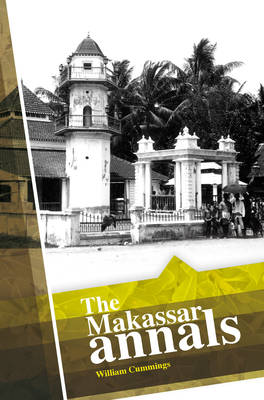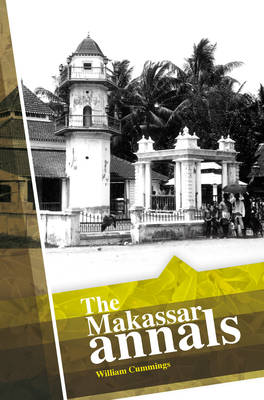
- Afhalen na 1 uur in een winkel met voorraad
- Gratis thuislevering in België vanaf € 30
- Ruim aanbod met 7 miljoen producten
- Afhalen na 1 uur in een winkel met voorraad
- Gratis thuislevering in België vanaf € 30
- Ruim aanbod met 7 miljoen producten
Zoeken
Omschrijving
Beginning in the 1630s, a series of annalists at the main courts of Makassar began keeping records with dated entries that recorded a wide variety of specific historical information about a wide variety of topics, including the births and deaths of notable individuals, the actions of rulers, the spread of Islam, trade and diplomacy, the built environment, ritual activity, warfare, internal political struggles, social and kinship relations, eclipses and comets, and more. These Lontaraq bilang were a clear departure in form and function from the genealogically-structured chronicles being composed about the ruling families of Gowa and Talloq in the same era.
Specificaties
Betrokkenen
- Uitgeverij:
Inhoud
- Aantal bladzijden:
- 368
- Taal:
- Engels
- Reeks:
- Reeksnummer:
- nr. 35
Eigenschappen
- Productcode (EAN):
- 9789067183666
- Verschijningsdatum:
- 1/01/2011
- Uitvoering:
- Paperback
- Formaat:
- Trade paperback (VS)
- Afmetingen:
- 155 mm x 234 mm
- Gewicht:
- 512 g

Alleen bij Standaard Boekhandel
+ 256 punten op je klantenkaart van Standaard Boekhandel
Beoordelingen
We publiceren alleen reviews die voldoen aan de voorwaarden voor reviews. Bekijk onze voorwaarden voor reviews.







